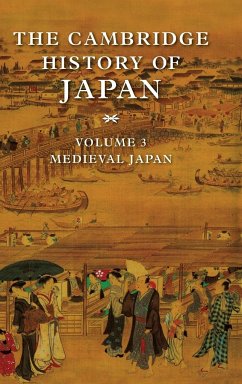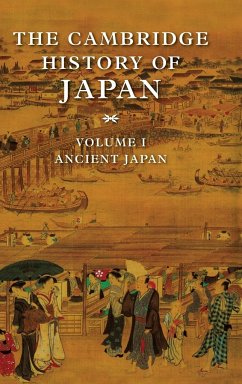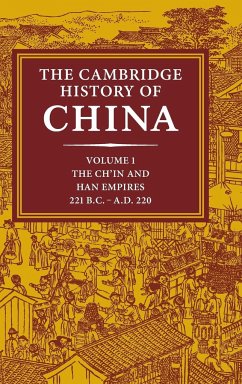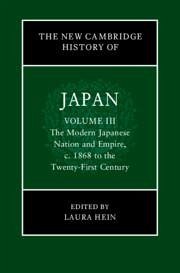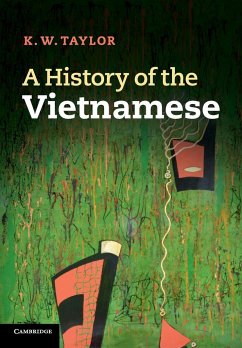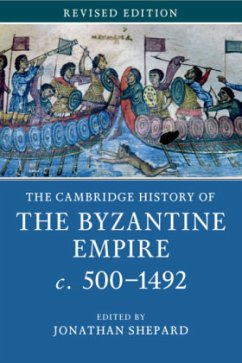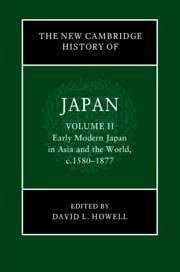
The New Cambridge History of Japan
Versandkostenfrei!
Versandfertig in 1-2 Wochen
140,99 €
inkl. MwSt.
Weitere Ausgaben:

PAYBACK Punkte
70 °P sammeln!
Volume II in this major new reference series brings together leading international scholars to present an expansive global vision of the latest research into Japanese history from the seventeenth to the nineteenth century.




